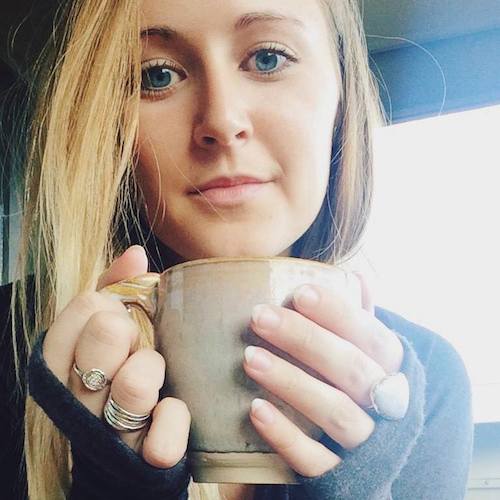“Ditching my dinner glass of red wine was no problem,” my friend said, recalling a particularly challenging three-week detoxification program she undertook last January.
“Buying organic was…well, I already do that. Even that awful-tasting detox powder I used wasn’t that bad. But the deal-breaker involved my morning cup of organic dark roast. I just couldn’t do it.”
Curious, I researched why most detoxification plans forbid coffee. I reasoned because our liver becomes ground zero for eliminating toxins, we want to remove anything that could add to that burden when we detoxify.
Except that I couldn’t find any science to substantiate that claim. What I did find were studies that show coffee can actually benefit our liver.
One recent study in the journal Hepatology involved almost 28,000 people, about half of whom drank coffee. Researchers found those who had three cups a day were about 25 percent less likely to have abnormal liver enzymes compared with the non-coffee group, likely because of coffee’s many beneficial compounds.
“There are about 1,000 active constituents in the coffee bean and only a few of them are understood,” writes Dr. John Douillard on elephant journal. “We do know that the coffee bean, the seed of the fruit, is loaded with antioxidants.”
What about caffeine?
One review published in the journal Alimentary Pharmacology & Therapeutics found through various mechanisms, caffeine benefits our liver. A study at Duke University found the caffeine equivalent of four cups of coffee or tea a day could prevent or reverse non-alcoholic fatty liver disease (NAFLD). Another published in Hepatology found increased caffeine intake could reduce our risk for hepatic fibrosis.
If surrendering a morning cup of dark roast during detoxification sounds like a Herculean feat, we don’t need to make that sacrifice provided we remember these three caveats:
Coffee is a dose-dependent drink. That means a cup or two can provide health benefits, while over-caffeinating to compensate for issues like insufficient sleep or chronic stress only exacerbates those problems.
Avoid pesticide-ridden conventional coffee. “Conventional farms apply as much as 250 pounds of chemical fertilizers on every acre,” writes Ezra Fieser in The Christian Science Monitor. Especially while detoxifying, buy organic beans.
Avoid mycotoxin-loaded coffee. These toxins formed by yeast and fungi are ubiquitous in conventional coffee. “Mycotoxins in food and the environment are well documented to increase stress on the liver and kidneys even at levels measured in parts per billion,” Dave Asprey, owner of Bulletproof Upgraded Coffee, told me. Full disclosure: I love and wholeheartedly endorse Bulletproof, the only coffee rigorously tested for mycotoxins that doesn’t create a jittery, over-caffeinated feeling like other beans.
Coffee lovers, rejoice. With the right beans and kept in check, we needn’t surrender our java while detoxifying. When you detoxify, is caffeine on your must-vacate list or do you keep your morning brew? Share your thoughts below.
~
References:
Cadden I, et al. Review article: possible beneficial effects of coffee on liver disease and function. Aliment Pharmacol Ther. 2007 Jul 1;26(1):1-8.
Modi AA, et al. Increased caffeine consumption is associated with reduced hepatic fibrosis. Hepatology. 2010 Jan;51(1):201-9. doi: 10.1002/hep.23279.
Xiao Q, et al. Inverse associations of total and decaffeinated coffee with liver enzyme levels in National Health and Nutrition Examination Survey 1999-2010. Hepatology. 2014 Dec;60(6):2091-8. doi: 10.1002/hep.27367. Epub 2014 Oct 30.
Coffee! The Good, the Bad, and the Ayurvedic Perspective.
Coffee and Tea May Contribute to a Healthy Liver
Organic coffee: Why Latin America’s farmers are abandoning it
Love elephant and want to go steady?
Sign up for our (curated) daily and weekly newsletters!
Author: JJ Virgin
Editor: Travis May
Photo: elephant archives



Read 9 comments and reply